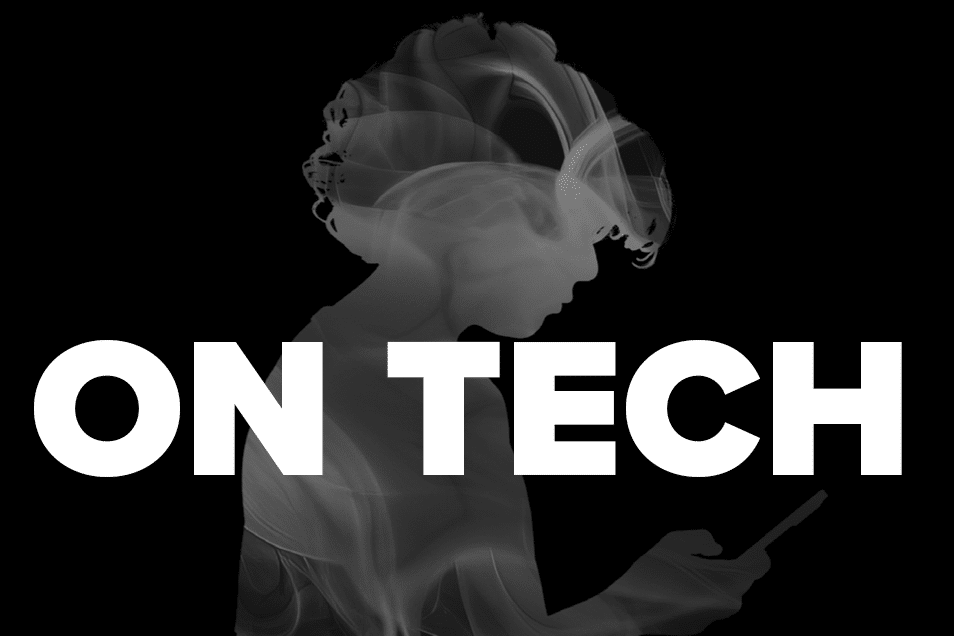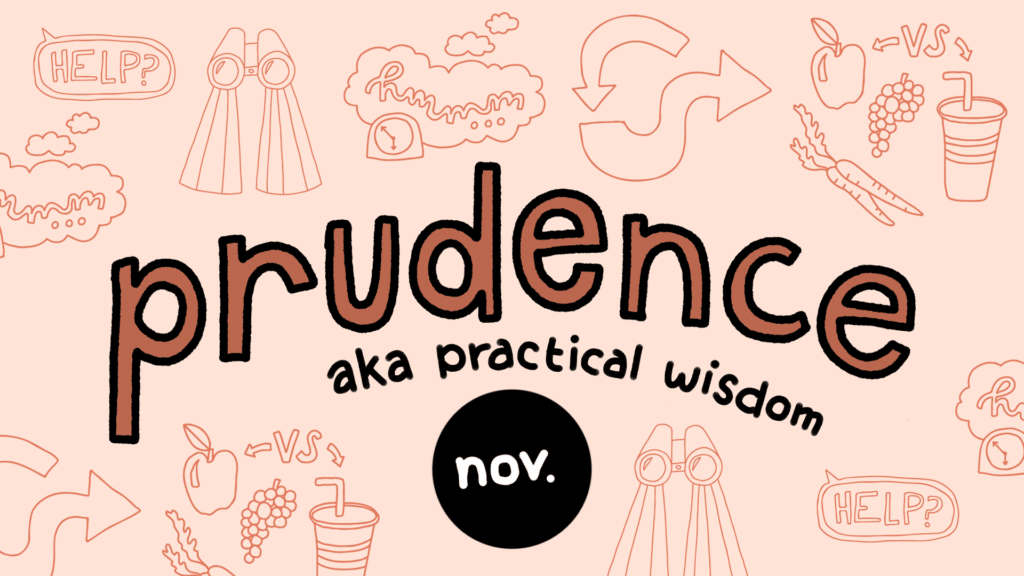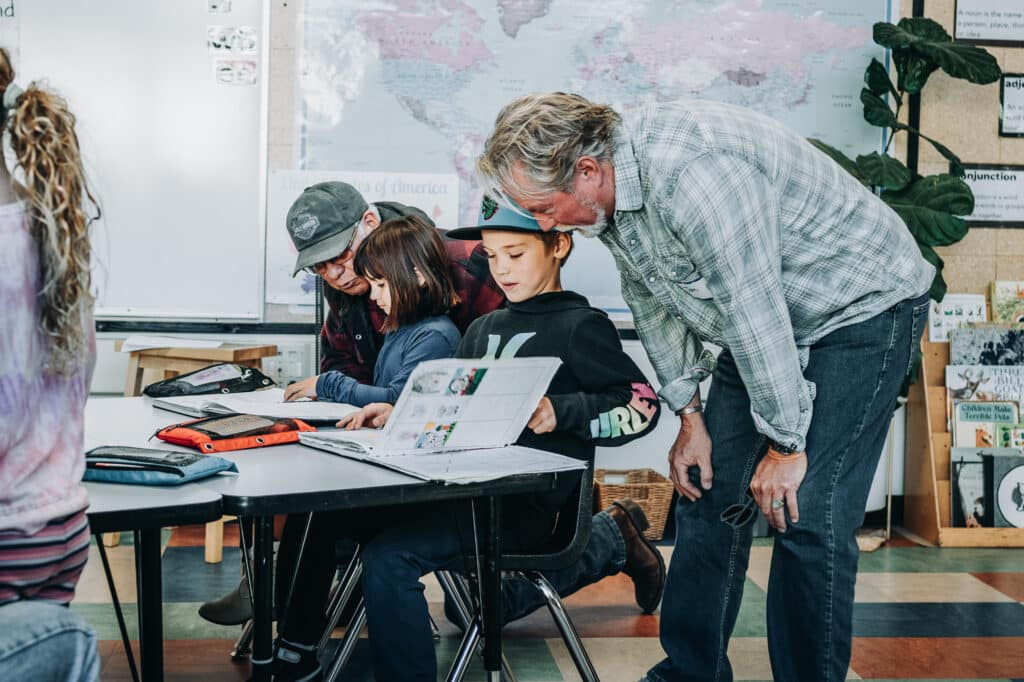
Ms. AnnE with a few of her students at the recent UMS 80s Dance Party event
{photo by Michelle Dorman}
We are excited about today’s blog post!
Our Upper Middle School Logic and Rhetoric class is one of the many reasons a SLOCA education stands out from the rest. The wisdom and skills our UMS students gain from taking this class equip them to think critically and logically, be persuasive, build positive relationships, and even to make the world a better place using reason and virtue. It’s chock-full of moments of wonder! Today we have the privilege of hearing about something pretty fantastic from Ms. AnnE, our Logic and Rhetoric teacher. She has more aptly titled this blog post, as you will see…
The Hilarious Headmistress’ Logic & Rhetoric Log
(Straight from the Middle School Thought Trenches)
A recent written assignment asked this of our UMS students:
“After writing a list in your Comp Book of those vocab words and logical or rhetorical concepts that you believe other middle school students should learn, please choose two and create the following: two paragraphs (minimum of 4 sentences each) in which you defend/argue for the inclusion of the vocabulary or concept in all middle schools—be specific! You know how much I love to ‘hear’ why you think what you do:-)”
Once these were submitted, then the next/following assignment required this:
“Choose one (1) of your choices from the previous assignment and create a six (6) sentence paragraph in which you argue or make a case for why your choice should be taught to all (American) middle school students. Again, be specific. For example, if you feel strongly that a particular vocabulary word or concept is ‘cool’ or ‘useful’ or ‘fun’ then tell me what that looks like or sounds like or feels like in use or action. Who benefits? What values are implied? All y’all know the drill;-).”
Here’s where things got interesting for me (she-who-is-forever-amazed-by-these kiddos):
When the papers came back for my perusal and edification, one concept showed up multiple times, in every single one of my classes. Every single class. And it was not the video viewing that the students all appreciated, no, it was, hold on, wait for it…
THE GRIZZLY APOLOGY!
Formerly known as The Griffin Apology, this particular concept in my curriculum falls under the more scholarly title of The Logic of An Apology. For the past several years, incoming 7th graders consider what constitute(s) a sincere apology as opposed to a less sincere–or downright insincere–apology. As an example, middle schoolers identify the often inadequate “Sorry.” as a problematic response that lacks sincerity.
This activity continues to entertain and inspire lengthy conversations. The underlying invitation asks the kiddos to reflect upon honest and compassionate statements ordered in much the same way we ‘assemble’ any logical argument: a series of statements (simple, declarative sentences) that follow logically as they march to a conclusion that solves the difficulty between both (or most of the) parties involved.
Here are the (logical and rhetorical) elements in our Grizzly Apology:
- Use the person’s name and seek eye contact when you…
- Apologize specifically for what you did/said. (Name your stuff.)
- Acknowledge specifically how what you did/said affected the other person—”name your stuff” again.
- Commit to making a sincere effort to do better OR commit to doing better.
- Ask (humbly and sincerely), “Will you forgive me?”
- Live with the answer (and say ‘Thank you!”)
Here’s what I’m suggesting for the time being: Ask your UMS student(s) what vocabulary or concepts he or she chose for the above-mentioned assignment(s), and invite them to explain their choice(s). Enjoy that conversation. Then, ask them to explain The Grizzly Apology as they understand it. Ask if they’ve tried it—or share with them what it’s meant to you when you’ve observed them trying it. : )
(I’ve challenged our UMS students to make a real effort to practice The Grizzly Apology since it seems to be so important to so many of them.)
Better yet: If I promise to show up here next week and fill you in on the wonderful and life-changing results you could experience by using The Grizzly Apology, would you consider coming back? For Part II?
I’ll be here. Hope you will be, too.
Thank you, Ms. AnnE! It’s quite extraordinary to hear this about middle school students. We are certainly looking forward to learning more about the life-changing practice of a sincere apology. Parents, tune in next Tuesday for Part II AND a free download!











